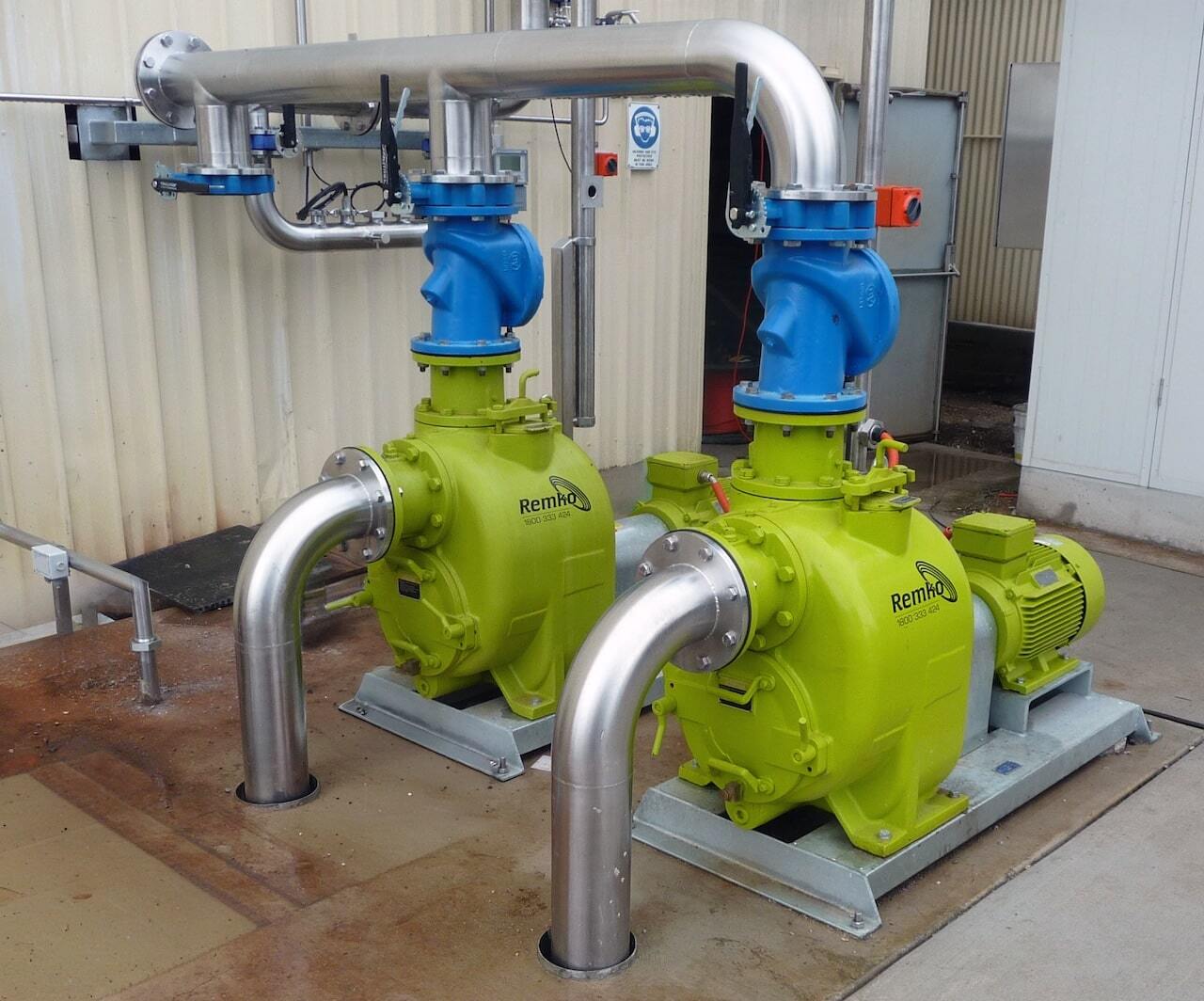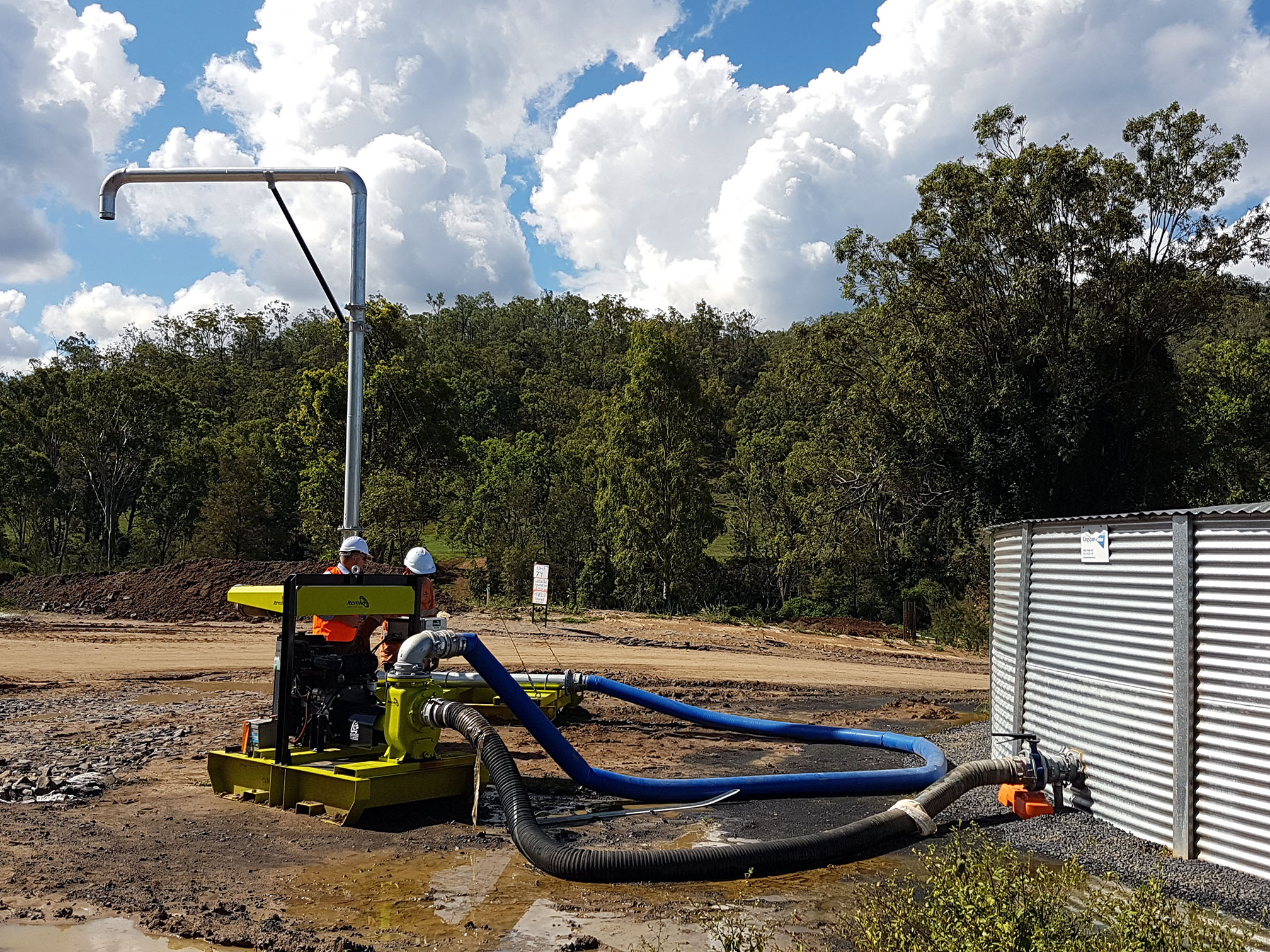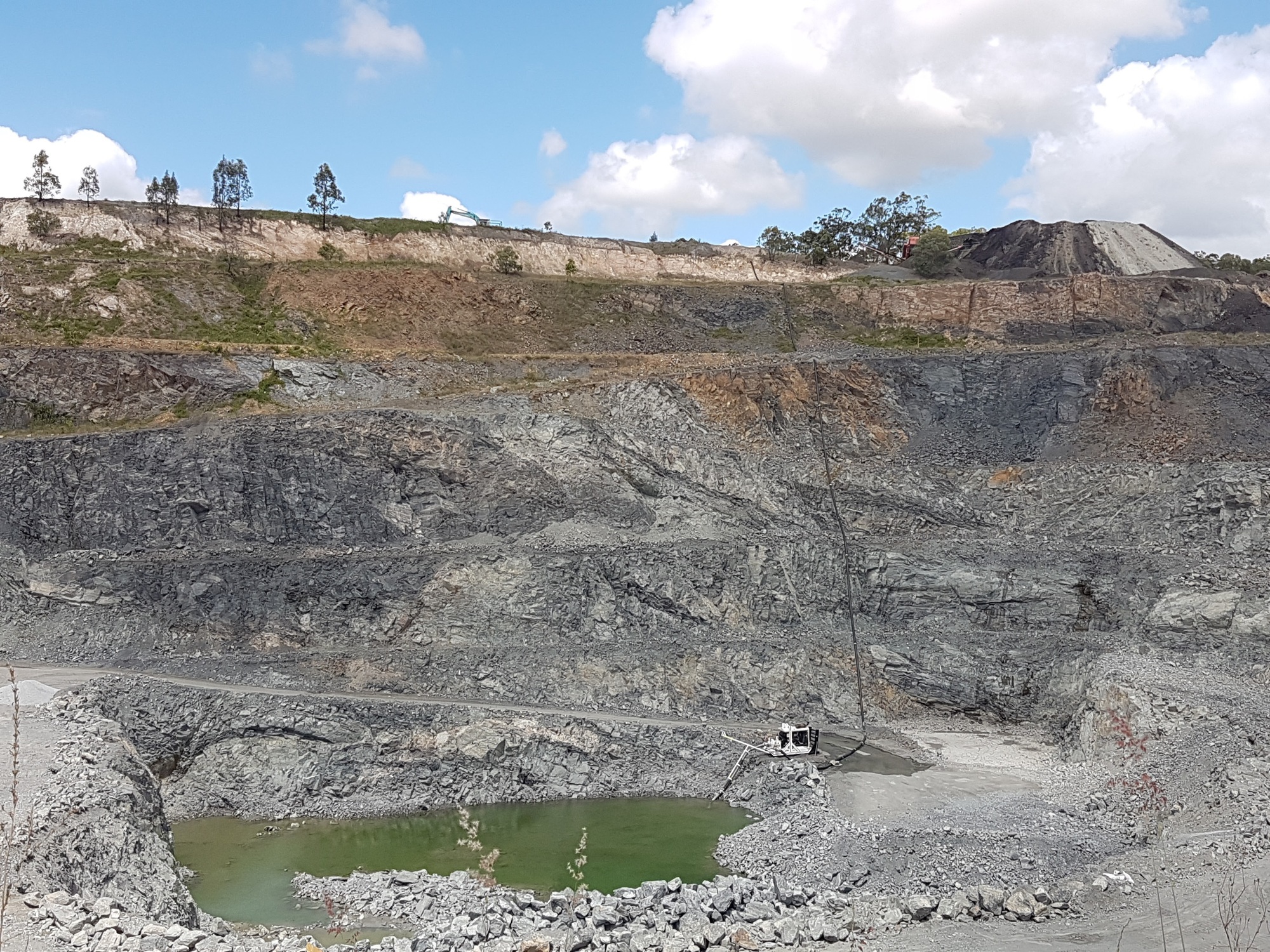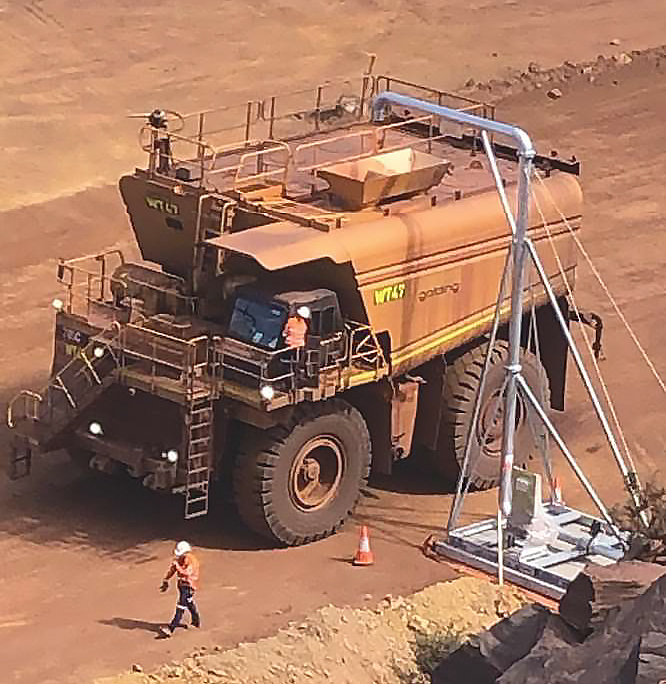
Wastewater treatment plants play a critical role in reliable water management — but outdated equipment, oversized pumps, and inefficient operating practices often drive-up costs and increase downtime.
To help operators address these challenges, Allflo outlines five practical, proven strategies to reduce operating costs and improve efficiency across wastewater treatment systems.
1. Conduct a Comprehensive Equipment Assessment
Benchmarking is essential for understanding how efficiently a plant is operating. By analysing historical performance data and comparing it against baseline measurements, operators can identify inefficiencies and prioritise improvements.
Structured self-assessment tools, such as those developed by the Water Research Foundation, provide a practical framework for evaluating system performance and setting realistic efficiency targets.
2. Perform a Pump Audit
Pumps are central to wastewater operations, yet many facilities still rely on oversized pumps selected for peak conditions rather than real-world demand.
Seasonal and process variability often means pumps operate far from their optimal range, leading to unnecessary energy consumption and wear. A pump audit helps right-size equipment based on actual flow requirements, delivering immediate efficiency gains and reduced operating costs.
3. Implement Variable Frequency Drives (VFDs)
Constant-speed pumps frequently consume more energy than required. Retrofitting wastewater pumps with Variable Frequency Drives allows pump speed to match real-time demand.
This approach delivers multiple benefits:
-
Reduced energy consumption
-
Lower water wastage
-
Fewer start-stop cycles and extended pump life
Studies show that VFDs can reduce pump energy use by up to 50%, making them one of the most effective upgrades for wastewater facilities.
4. Embrace Smart Monitoring Technology
Smart metering and monitoring systems provide real-time insight into pump performance and system behaviour. Continuous data collection enables operators to identify inefficiencies early, optimise pump operation, and respond quickly to developing issues.
By reducing reliance on manual readings, smart technology improves accuracy, supports proactive maintenance, and enhances overall system reliability.
5. Evaluate and Upgrade Treatment Technology
A full review of existing treatment infrastructure can reveal hidden inefficiencies. Infrastructure audits help identify areas where upgrades or replacements will deliver the greatest return.
For example, replacing outdated backwash filters with modern dual-layer filtration systems can significantly reduce water consumption. Strategic technology upgrades allow plants to improve efficiency without unnecessary capital expenditure.
Choosing the Right Pumps for Long-Term Performance
Implementing these strategies is most effective when supported by reliable, fit-for-purpose pumping equipment.
Allflo supplies rugged Remko wastewater pumps designed for long service life and low maintenance. While the initial investment may be higher, quality pumps deliver substantial savings through reduced downtime, lower repair costs, and consistent performance over decades.
When selecting wastewater pumps, key features to consider include:
-
Large impellers for solids handling
-
Replaceable wear components
-
Self-cleaning capabilities
-
Readily available spare parts
-
Robust materials suitable for abrasive wastewater
If your wastewater treatment plant is facing rising costs or inconsistent performance, Allflo can assess your system and recommend practical, long-term improvements.
Speak With a Wastewater Pump Specialist

1 min read
Stop Letting Dust Suppression Slow Down the Worksite
Dust suppression is essential on civil construction and mining sites, but inefficient processes can quietly reduce productivity. One of the...

1 min read
How Pumps Are Used At Quarries
Quarries are demanding environments where water management, chemical handling, and dust control are critical to safety and productivity....


